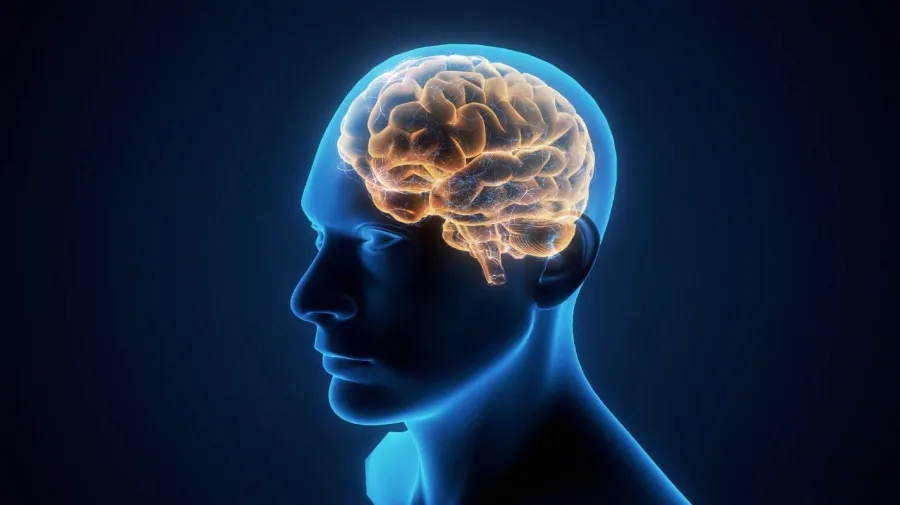New Study: Understanding Critical Components of the Brain’s Stress Circuitry

A new study conducted by researchers at the National Institute of Mental Health (NIMH) has revealed more about the organization and function of a brain structure that may serve a key role in linking stress detection to the development of adaptive behaviors.
They found that, during stress, dopamine (a major modulator of brain function) triggered a reduction in inhibition of the paraventricular nucleus of the thalamus (PVT). Notably, the disinhibition produced by dopamine made the PVT more sensitive to aversive outcomes.
You can read more from the National Institute of Mental Health Information Resource Center by clicking here. The study, published online June 18, 2018, appears in Nature Neuroscience. You can find the full study by clicking here.
